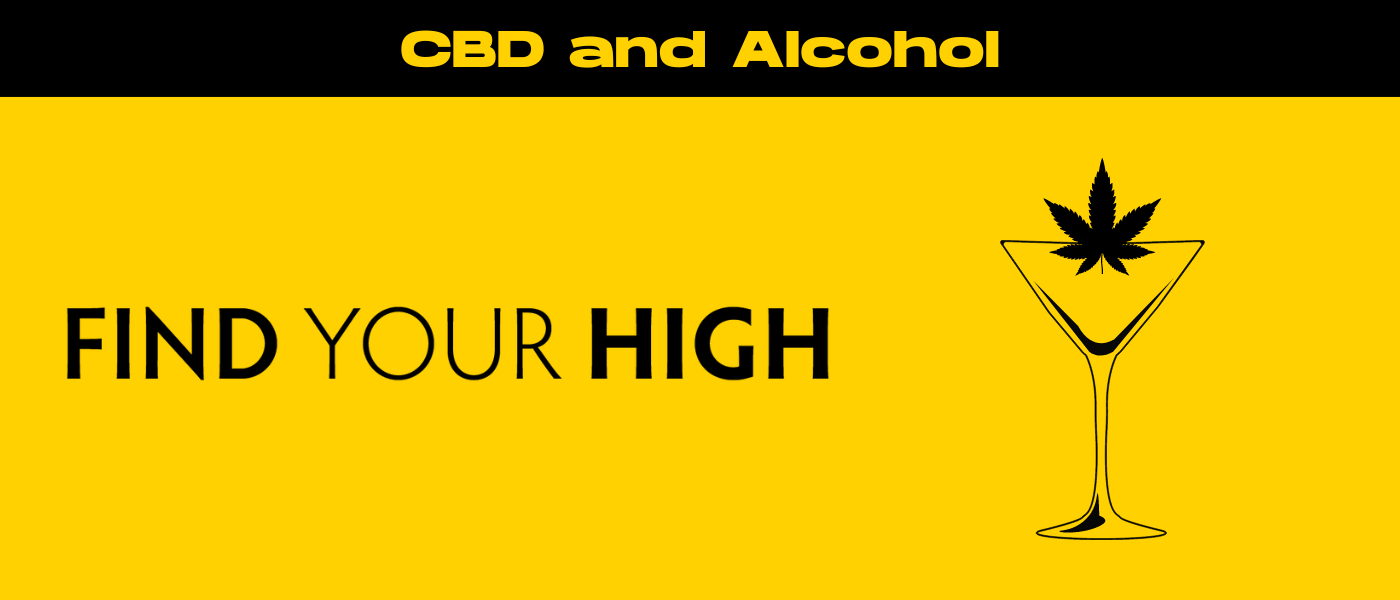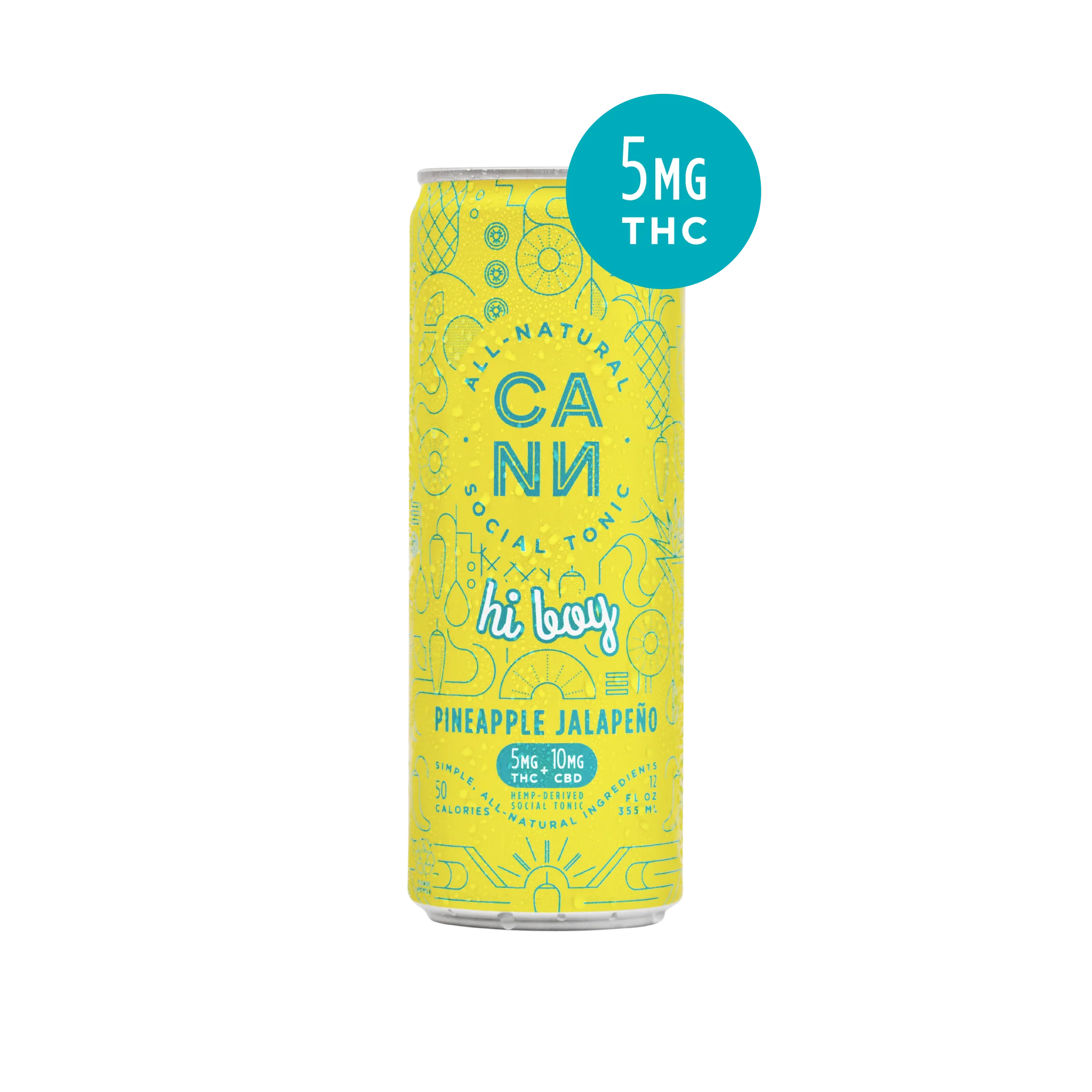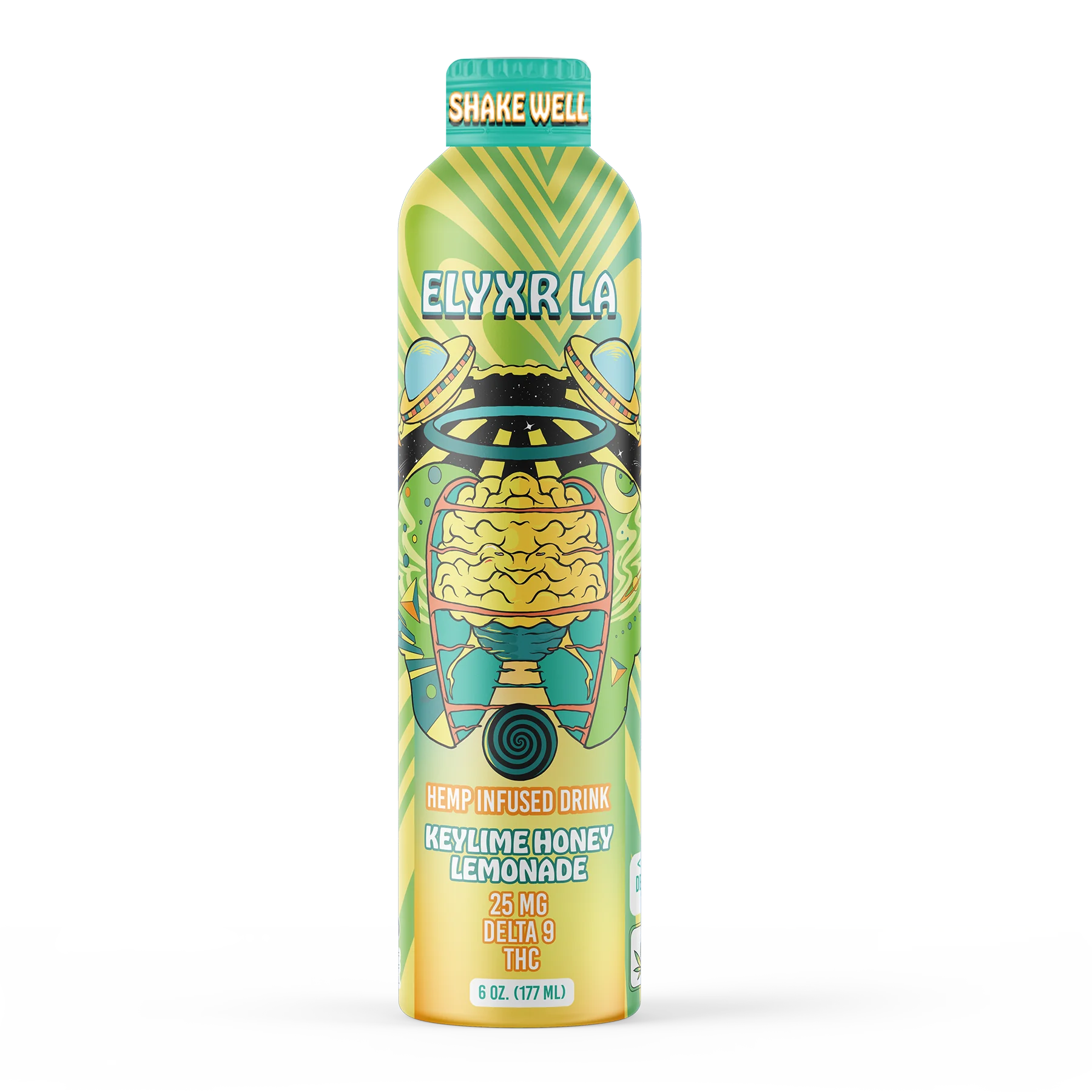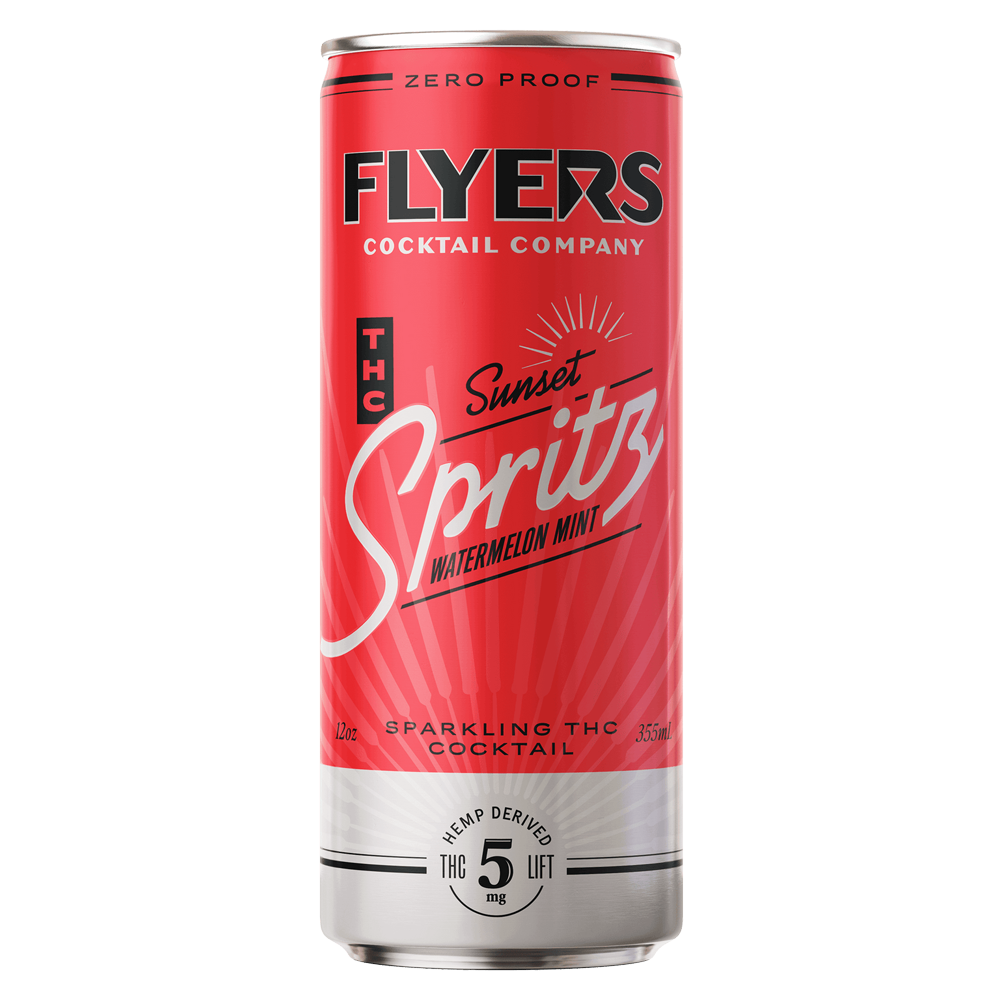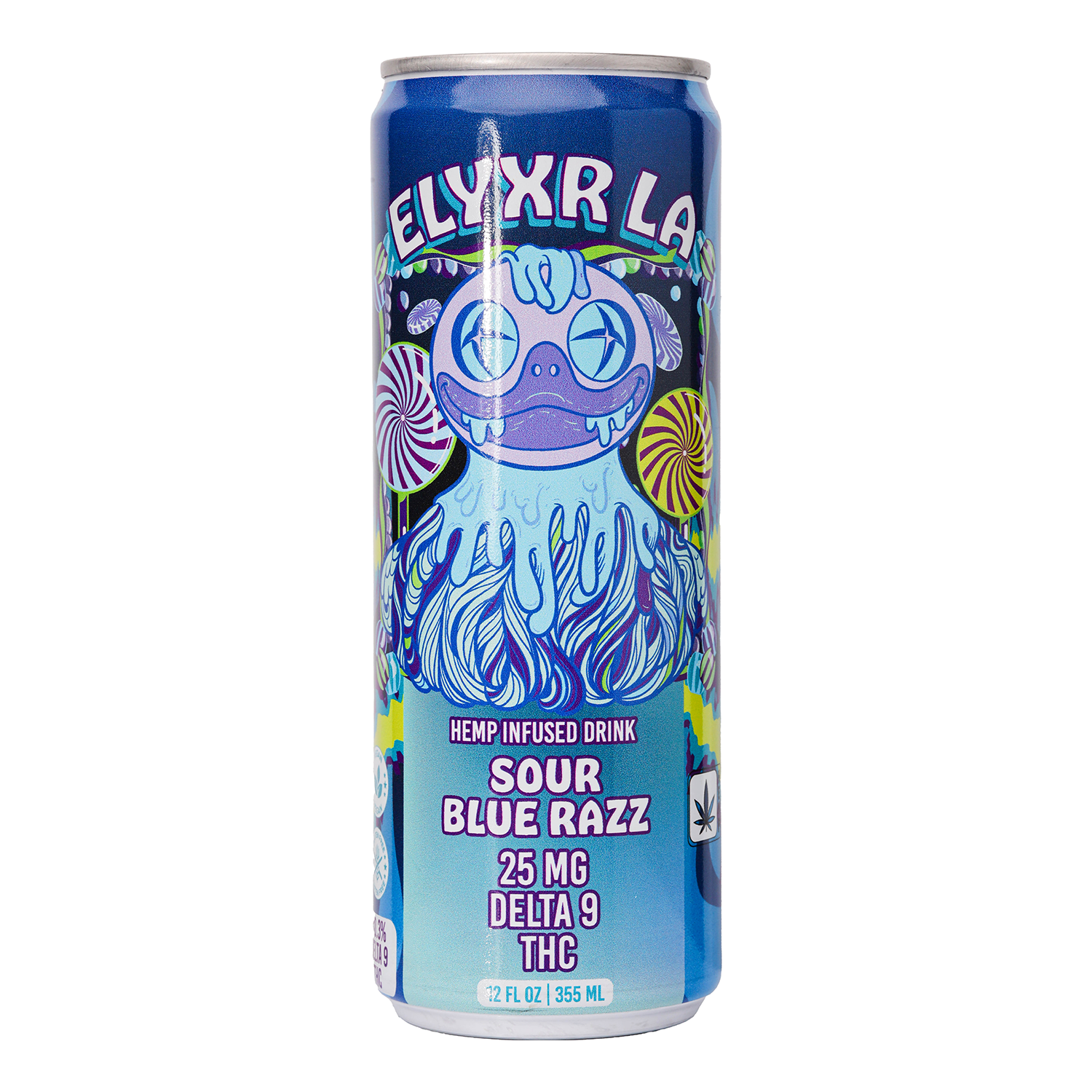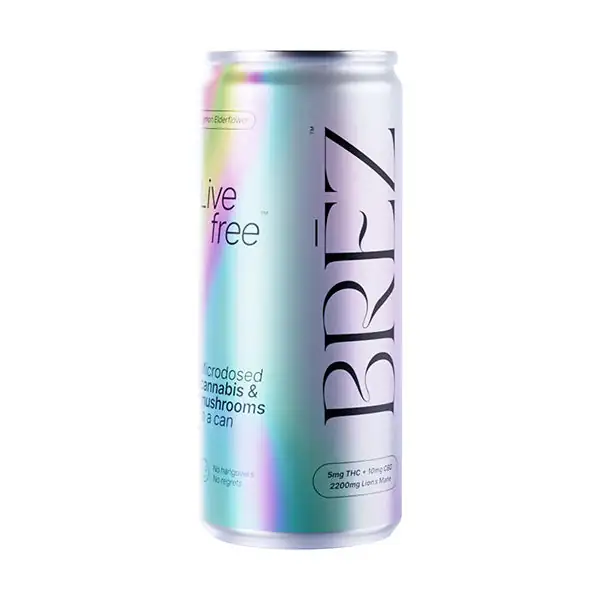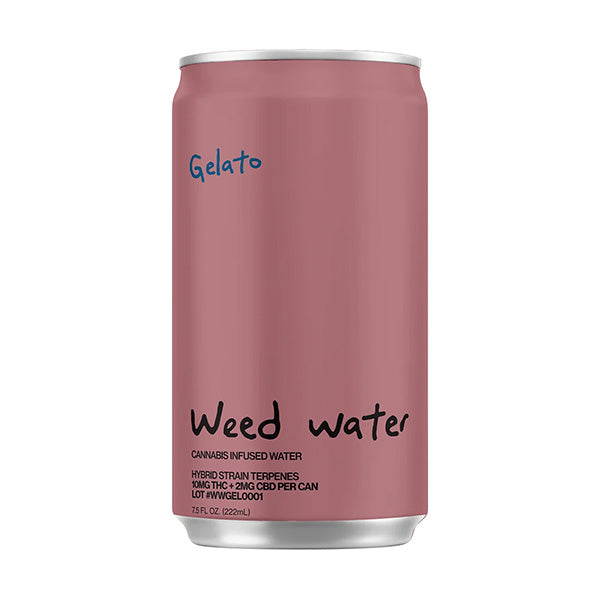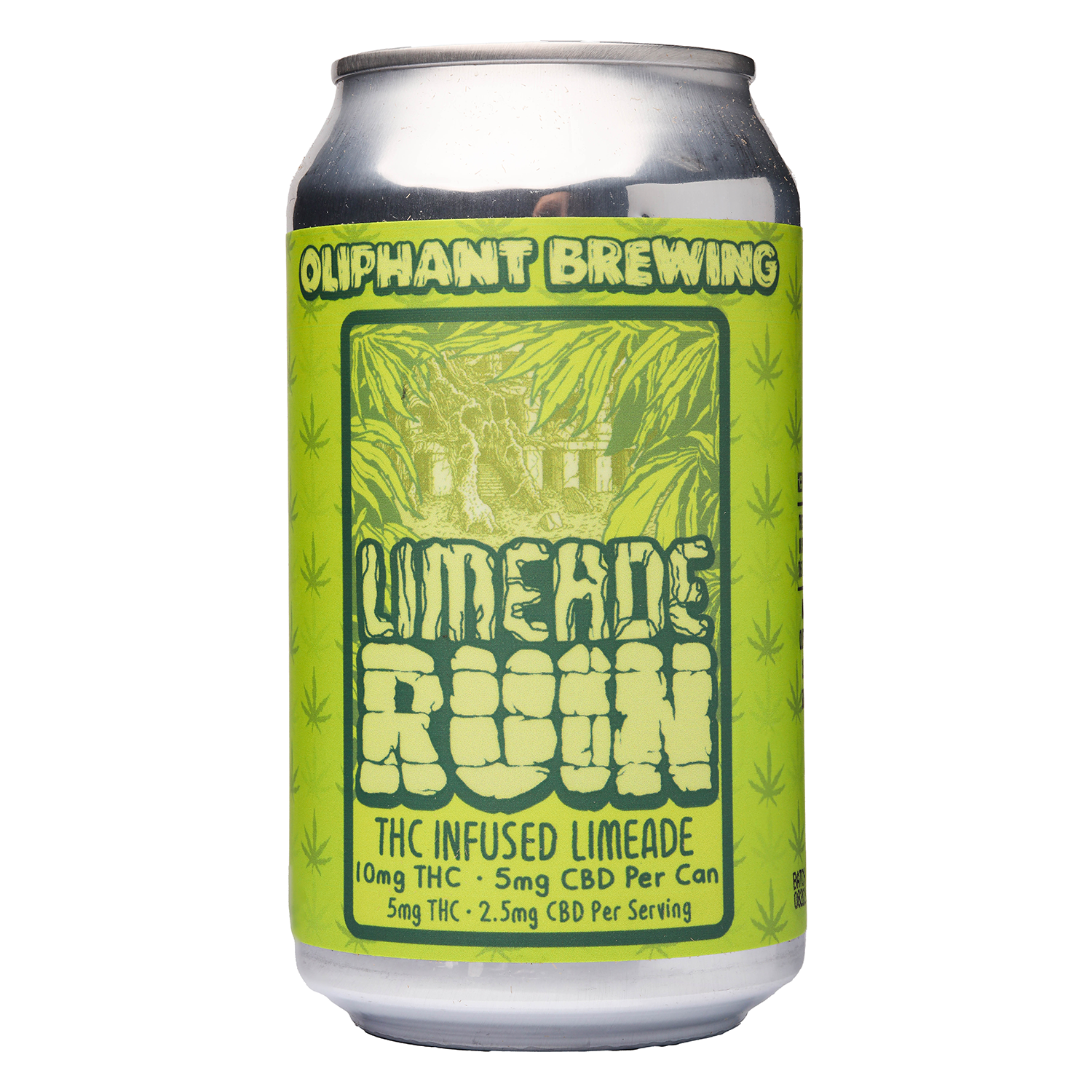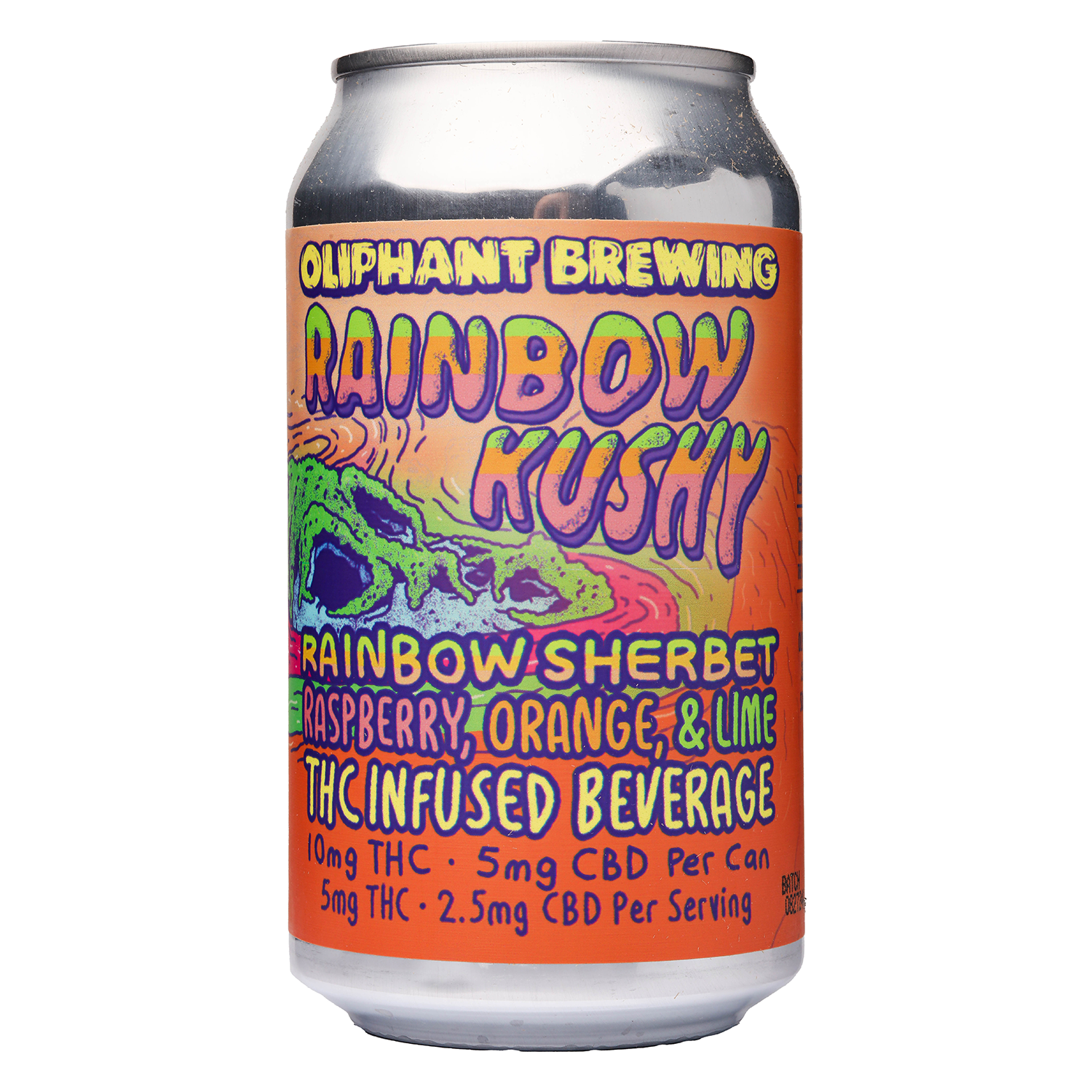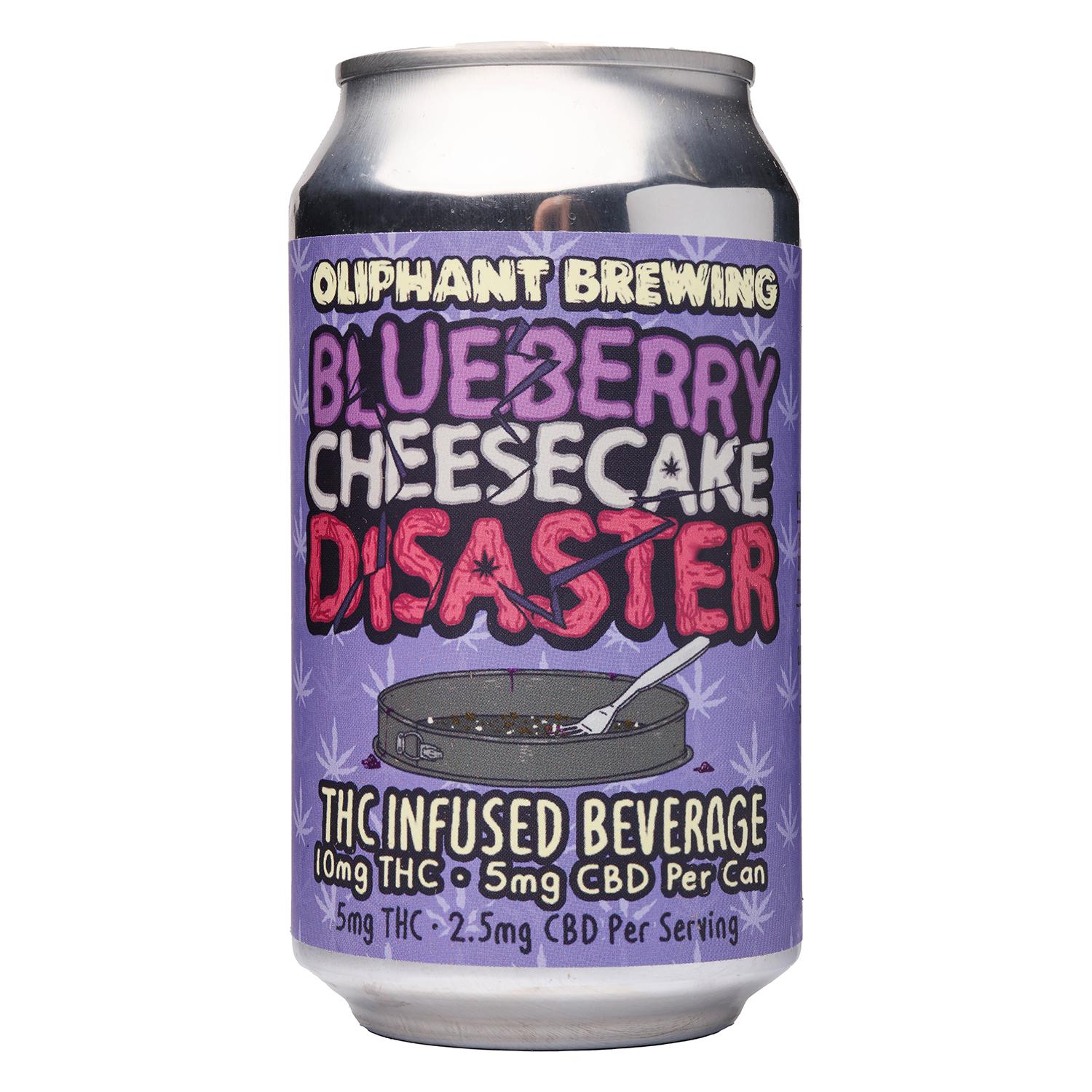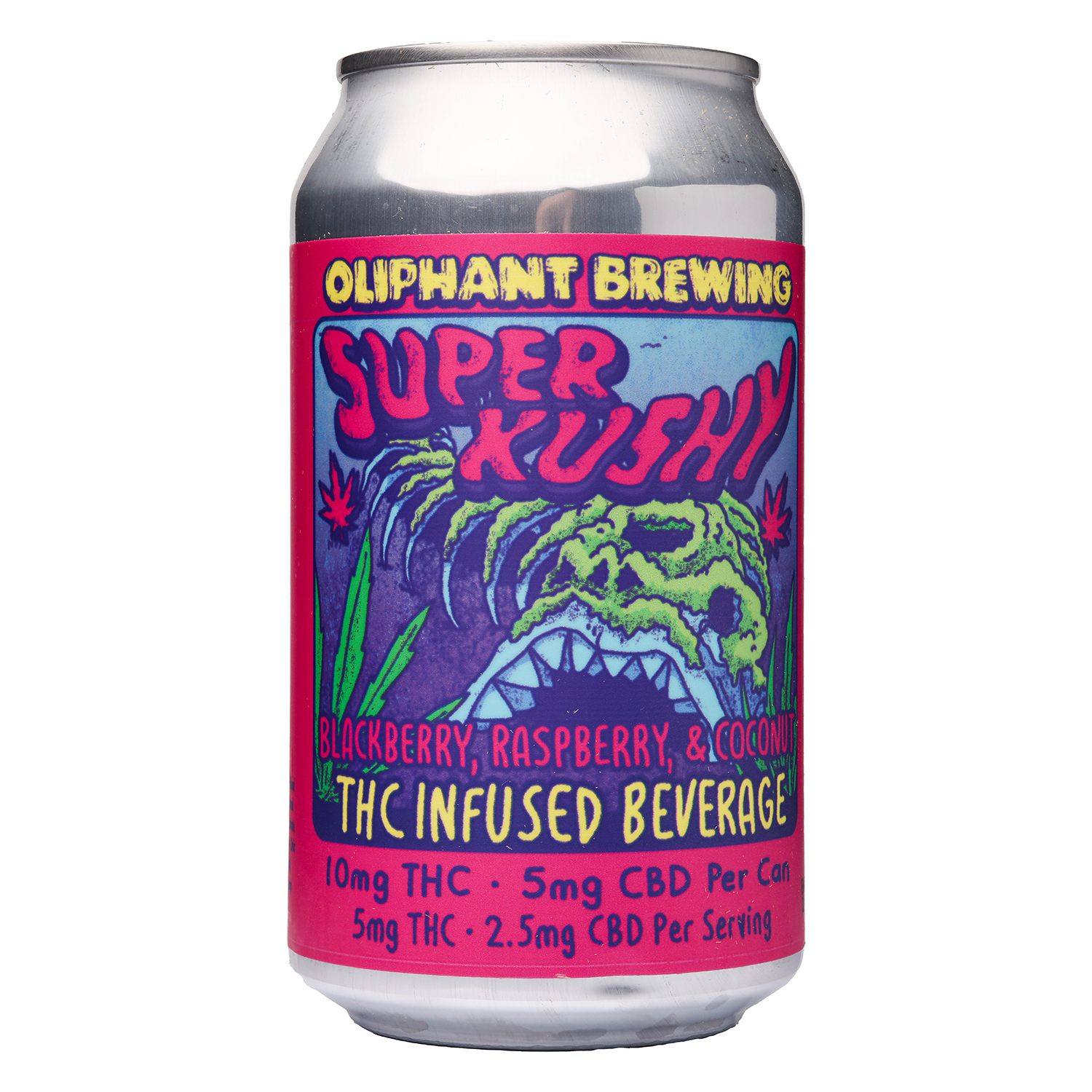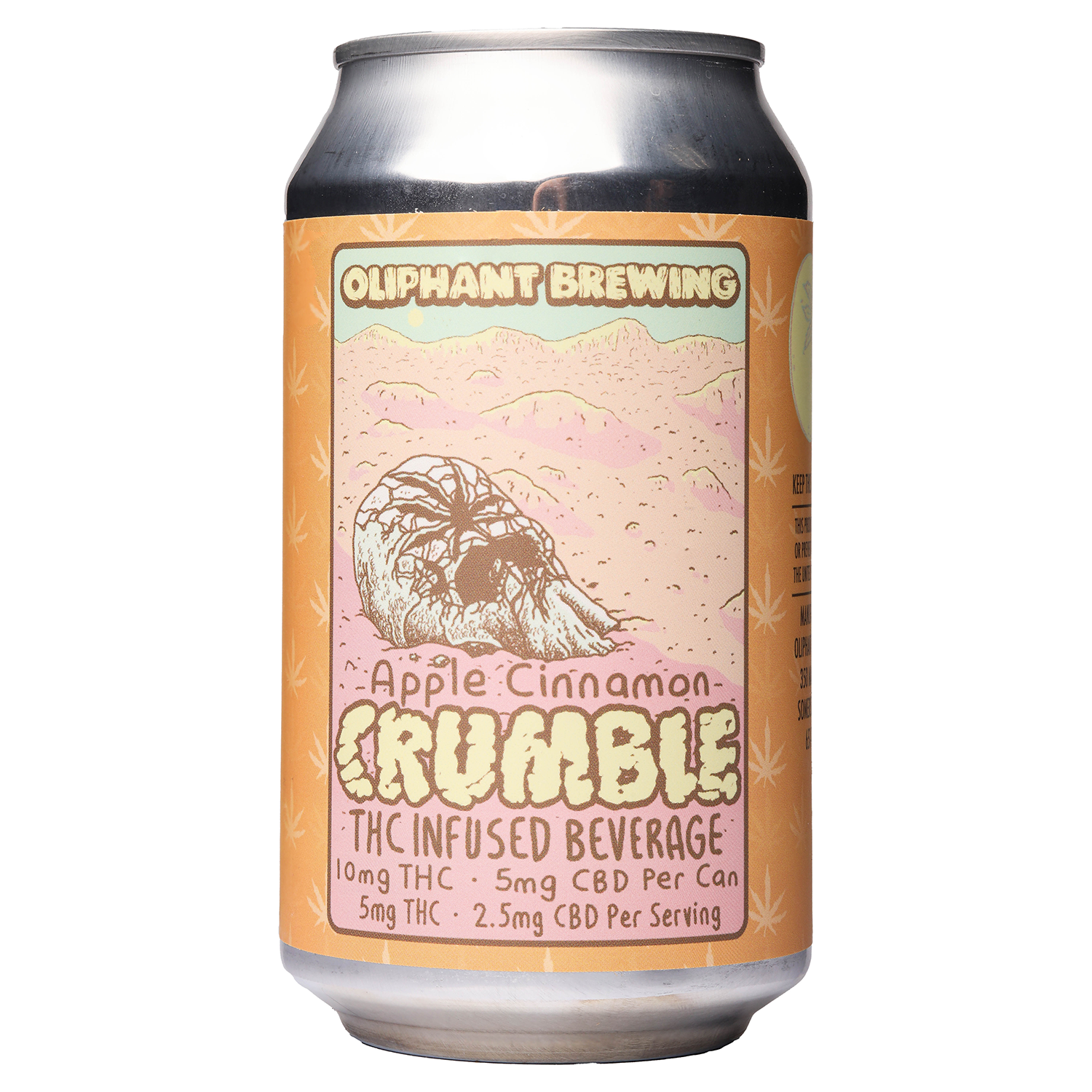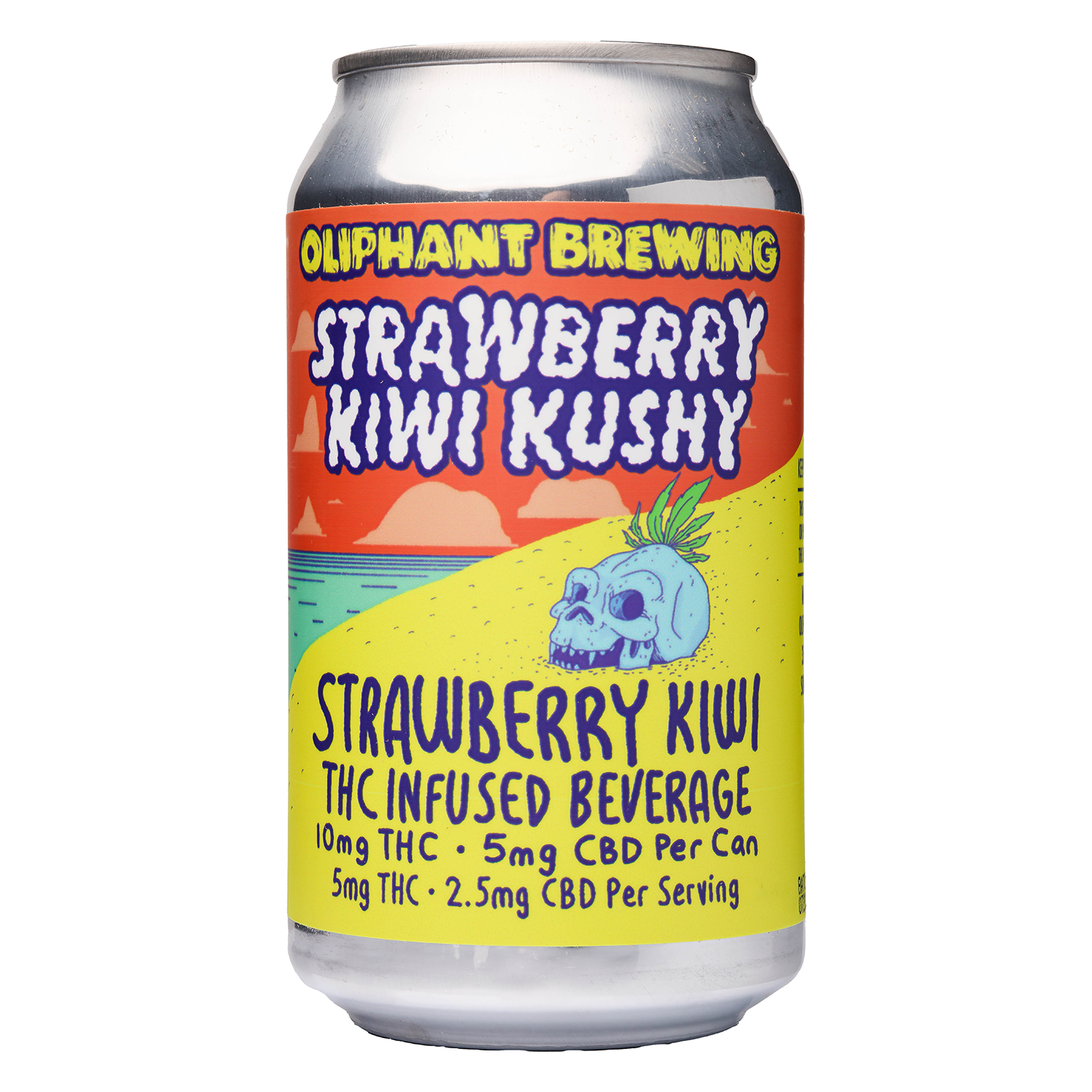In the ever-evolving world of wellness, there’s always a new pairing people are curious about—and recently, one combination has sparked extra intrigue: CBD and alcohol.
Maybe you’ve seen a CBD-infused cocktail on a menu or wondered what happens if you take your daily CBD tincture before sipping a glass of wine. Either way, this blend of calm and buzz has become a hot topic for everyone from casual drinkers to health-conscious cannabis consumers. But what really happens when you mix CBD with alcohol? Is it safe? Is it effective? And most importantly, should you try it?
Let’s explore what the science says, what the potential effects might be, and why so many people are experimenting with this trendy combo.
What is CBD?
CBD—short for cannabidiol—is one of over a hundred naturally occurring compounds called cannabinoids found in the cannabis plant. Unlike THC (tetrahydrocannabinol), CBD won’t get you high. Instead, it’s known for its non-intoxicating, calming, and often therapeutic effects. Think of it as the chill cousin in the cannabis family.
Over the past decade, CBD has exploded in popularity thanks to anecdotal evidence and emerging studies suggesting it might help with everything from anxiety to inflammation to sleep issues. It’s available in multiple forms, including oils, tinctures, capsules, edibles, topicals, and even CBD beverages—many of which are now being mixed with alcohol.
There are three main types of CBD to be aware of:
- Full-spectrum CBD: Contains all cannabinoids (including trace amounts of THC), terpenes, and flavonoids.
- Broad-spectrum CBD: Similar to full-spectrum but with THC removed.
- CBD isolate: Pure CBD, stripped of all other cannabis compounds.
Each version has its own advantages, but full- and broad-spectrum products tend to offer more pronounced effects due to the “entourage effect”—a theory suggesting cannabinoids work better together than alone.
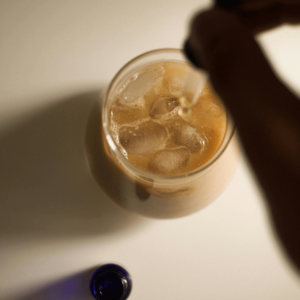
Understanding Alcohol’s Effects on the Body
Alcohol is arguably the most socially accepted drug in the world, yet it’s often misunderstood in terms of how it actually impacts the body. Whether it’s a beer with friends or a glass of wine at dinner, alcohol’s effect depends on several factors including how much you drink, how fast you drink it, your body composition, and whether or not you’ve eaten recently.
When you consume alcohol, your liver begins the process of breaking it down. The liver uses enzymes—primarily alcohol dehydrogenase—to metabolize ethanol into a less toxic compound. However, this process is slow, and when you drink more than your liver can handle, alcohol begins to accumulate in your bloodstream. That’s when you start to feel buzzed, tipsy, or even downright drunk.
Alcohol acts as a central nervous system depressant, meaning it slows down brain activity and impairs motor coordination, decision-making, and reaction time. The more you drink, the more these effects intensify. Over time and with regular use, such as with alcohol use disorder, alcohol can lead to tolerance, dependence, and various health issues, especially related to the liver, heart, and brain.
Understanding how alcohol works sets the foundation for exploring what happens when you introduce CBD into the mix.
Why People Mix CBD and Alcohol
CBD and alcohol might seem like an odd couple at first glance—one’s a health supplement, the other’s a party staple—but there’s a growing interest in combining the two, especially among younger, wellness-minded consumers.
Here’s why people are mixing CBD with alcohol:
- To mellow out the alcohol buzz: Many users claim that CBD can smooth out the rough edges of a night of drinking. It’s thought to reduce the jitters, anxiety, or sleep disruption that often come with alcohol consumption.
- For a functional social experience: Some people don’t want to be too impaired when they drink, and CBD may help them feel more in control while still enjoying a relaxing buzz.
- As part of the low-alcohol trend: With the rise of mocktails and light drinking, CBD-infused beverages offer a unique alternative that’s social but not intoxicating.
- To reduce hangover symptoms: Anecdotally, some say CBD helps mitigate hangovers, especially headaches and nausea.
It’s also worth noting that many craft beverage companies are leaning into this trend by creating CBD-infused beers, seltzers, and cocktails, targeting health-conscious consumers who want something chill without the risk of going overboard.
How CBD May Interact with Alcohol
Now for the million-dollar question: what happens when you mix CBD and alcohol in your body?
Both substances are processed by the liver, which means there’s potential for interaction. Specifically, CBD affects enzymes in the cytochrome P450 family, which are also responsible for metabolizing many drugs—including alcohol. This shared metabolic pathway raises questions about how each substance might influence the other’s effects.
Preliminary studies suggest a few possible outcomes:
- Amplified relaxation: Since both alcohol and CBD can have sedative effects, taking them together may increase feelings of calm or drowsiness. While this could be pleasant for some, it may also increase the risk of over-sedation.
- Reduced blood alcohol levels? A small 1979 study found that combining CBD with alcohol resulted in lower blood alcohol concentration (BAC) compared to alcohol alone. However, participants reported similar levels of impairment, so the practical effects may not differ much.
- Altered perception and mood: Some users say they feel more balanced or less “out of control” when combining the two. Others feel more tired or less social.
Overall, the interaction seems to depend heavily on dosage, timing, and individual biology. Taking a small amount of CBD before one drink may feel very different than taking a full dropper of tincture and knocking back cocktails all night.
Scientific Research: What We Know So Far
While the topic of CBD and alcohol is trendy, the scientific research is still catching up. To date, there are only a handful of studies directly examining their combined effects—and most of them are either animal studies or dated human trials.
One of the most referenced is the 1979 study published in Psychopharmacology, which involved 10 volunteers who were given CBD, alcohol, both, or a placebo. The group that took both showed lower BAC but experienced similar motor impairment, suggesting that while the body processed less alcohol, the effects were still felt.
Other animal studies have shown that:
- CBD may protect the liver from alcohol-induced damage.
- CBD may reduce alcohol-induced cell damage and oxidative stress.
- CBD may influence behavioral responses to alcohol, such as impulsivity or motor coordination.
However, most experts caution that these results are preliminary and not enough to make definitive claims. There’s also a significant gap in research when it comes to long-term use, chronic drinking, and different methods of CBD consumption (e.g., edibles vs. vaping vs. oils).
So while the anecdotal buzz is strong, the science is still in its early stages.
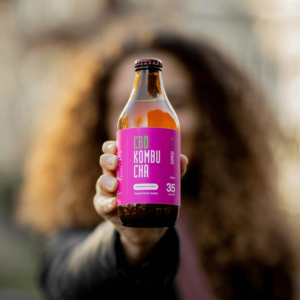
Does CBD Reduce Alcohol’s Negative Effects?
One of the most appealing reasons people combine CBD with alcohol is the hope that it will mitigate alcohol’s downsides—like hangovers, liver damage, and next-day anxiety. And while the research is still limited, there’s some evidence to support this theory.
Here’s what we know:
- CBD has antioxidant and anti-inflammatory properties, which may help protect cells from the oxidative stress caused by alcohol.
- In animal studies, CBD reduced alcohol-induced liver damage and brain cell loss.
- CBD may help regulate mood and anxiety, two common symptoms that arise during hangovers or alcohol withdrawal symptoms as a result of excessive alcohol consumption.
- Some early research suggests CBD might reduce neurodegeneration associated with chronic alcohol use.
That said, none of this means CBD is a cure-all for alcohol’s consequences or even alcohol cravings. The best way to avoid hangovers and long-term health issues is still moderation and responsible drinking. But using CBD strategically, such as before bed after a night out, may offer some minor benefits.
Potential Risks of Mixing CBD and Alcohol
For all its potential upsides, there are still some risks and unknowns to consider when combining CBD with alcohol. The biggest issue? Lack of regulation and standardization. With no universal guidelines on dosages or interactions, everyone is essentially experimenting in real time.
Potential risks include:
- Increased sedation: Both alcohol and CBD can cause drowsiness, especially in high doses. When combined, this effect may be amplified, making it dangerous to drive or operate machinery.
- Variable effects: Because everyone metabolizes these substances differently, the same combination could lead to relaxation for one person and extreme lethargy for another.
- Unpredictable products: Not all CBD is created equal. Low-quality products may contain residual THC or other contaminants, which could intensify alcohol’s effects or introduce new side effects.
- Potential liver stress: Both substances are processed by the liver, and while CBD is generally well-tolerated, combining them in high amounts might strain your system.
As always, the key is moderation and awareness. Start small, pay attention to how you feel, and choose high-quality products with lab results you can trust.
CBD-Infused Alcoholic Beverages: Trend or Trouble?
If you’ve wandered into a trendy bar or wellness pop-up lately, you’ve probably seen them: CBD cocktails, CBD beers, even CBD wines. These products promise a new kind of buzz—relaxed, social, and grounded—but are they safe? And are they even legal?
CBD-infused alcoholic beverages sit in a legal gray area. In the U.S., the FDA has not approved the addition of CBD to food or drinks sold across state lines, which means many of these products exist in a regulatory Wild West. Still, that hasn’t stopped small-batch producers and craft brewers from getting creative.
While these drinks can offer a unique experience, they come with questions:
- How much CBD is actually in the beverage?
- How is it interacting with the alcohol content?
- Are the effects truly different from a regular drink?
For now, it’s best to treat these beverages as experimental. Enjoy them in moderation, be mindful of how you feel, and always check for third-party testing or transparent sourcing.
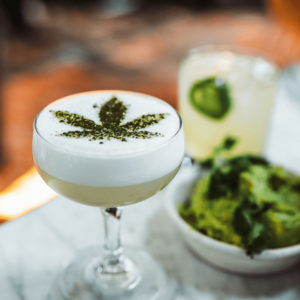
Can CBD Help with Alcohol Use Disorder?
Beyond the occasional buzz, CBD is also being explored as a tool in the treatment of alcohol use disorder (AUD). While it’s far from a silver bullet, early research suggests that CBD might play a supportive role in helping people manage cravings and reduce consumption.
Animal studies have shown that:
- CBD reduced alcohol consumption and relapse in rats.
- It lowered anxiety and impulsive behavior—two common triggers for drinking.
- It offered neuroprotective effects, especially in parts of the brain damaged by chronic alcohol use.
In human trials, the data is still sparse, but there’s growing interest in using CBD as part of a harm-reduction model. Unlike pharmaceuticals that may come with side effects or risk of dependency, CBD offers a gentler alternative that could help people transition away from problematic drinking patterns.
Still, experts stress that CBD should not replace traditional treatment approaches like therapy or medical detox. Instead, it may serve as a complementary tool, especially for those looking to reduce their intake or ease the discomfort of quitting.
CBD for Hangover Relief
Let’s be real—everyone wants a hangover cure. While hydration, sleep, and greasy food still dominate the go-to recovery methods, CBD is earning a spot in the hangover relief toolkit.
Here’s how CBD may help:
- Headaches: CBD’s anti-inflammatory properties could reduce tension and inflammation-related pain.
- Nausea: CBD interacts with serotonin receptors that influence nausea and vomiting, potentially easing queasiness.
- Anxiety: Known for its calming effects, CBD may help reduce the post-drinking “hangxiety” that hits some people hard.
- Sleep: If alcohol disrupts your rest, CBD may support deeper sleep and faster recovery.
That said, it’s best to take CBD after drinking rather than during, especially if you’re trying to gauge your response. And of course, don’t expect miracles—hydration, electrolytes, and rest still go a long way.
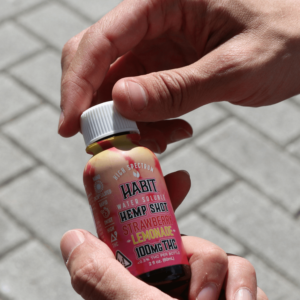
Best Practices for Mixing CBD and Alcohol
If you’re curious about combining CBD with alcohol—or already doing it regularly—there are a few smart strategies to follow for a safer, more enjoyable experience. While everyone’s body reacts differently, these tips can help you get the most out of the mix without overdoing it.
1. Start Low and Go Slow
This advice applies to both CBD and alcohol. If it’s your first time combining the two, start with low doses of each and wait to see how your body responds. Everyone processes cannabinoids and alcohol differently, so what works for one person might hit another too hard.
2. Know Your Source
Not all CBD products are created equal. Choose high-quality, third-party tested CBD from reputable brands. Look for transparency in ingredients, clearly labeled dosing, and certificates of analysis (COAs) to confirm there’s no unexpected THC, pesticides, or solvents.
3. Time Your Intake Thoughtfully
How you time your CBD use can significantly influence your experience. For example:
- Taking CBD before drinking may promote a more balanced, mellow buzz.
- Taking it during may enhance relaxation (but be careful with drowsiness).
- Taking it after may help counteract hangover symptoms or anxiety.
4. Be Mindful of Sedation
If you’re prone to getting sleepy after a drink or two, be cautious—CBD can enhance that sedation. This might be ideal if you’re winding down at night, but not so much if you’re out in public or need to stay alert.
5. Avoid Driving or Operating Machinery
This should go without saying, but mixing CBD and alcohol can impair your motor skills and reaction time, even if you feel in control. Better to play it safe.
How to Choose the Right CBD for Alcohol Pairing
Not all CBD products will pair well with alcohol, so selecting the right type can make or break your experience. The key is to consider bioavailability, timing, and delivery method.
Here are some options and what they offer:
CBD Oils or Tinctures
These are fast-acting and easy to dose. Drop a bit under your tongue 30–60 minutes before drinking for subtle, even effects. Great for social settings or chill nights in.
CBD Beverages
Infused cocktails, seltzers, and beers are fun and trendy—but proceed with caution. Make sure the product is legit, lab-tested, and not overloaded with sugar or mystery ingredients.
CBD Capsules
These offer slow, consistent release—ideal for longer evenings or those trying to avoid spikes in intensity. Just keep in mind they take 1–2 hours to kick in.
CBD Gummies or Edibles
Tasty and discreet, but onset time is slower and harder to predict. Take them early if you’re pre-gaming or winding down.
CBD Vapes
These act fast but wear off quickly. Best for immediate calm but not ideal for mixing throughout the night unless you’re experienced and cautious.
Whatever format you choose, clarity and consistency in dosing are critical when mixing with alcohol.
The Legal Landscape: Is It Even Allowed?
Here’s where things get a little murky. While CBD is federally legal in the U.S. thanks to the 2018 Farm Bill, the FDA has not approved CBD as a food or beverage additive, including in alcoholic products. That means CBD-infused beers or cocktails are still technically illegal under federal law—although enforcement is uneven.
A few important legal notes:
- Some states are stricter than others. In places like California or Colorado, you’re more likely to find CBD beverages at bars or dispensaries.
- CBD derived from hemp (with <0.3% THC) is legal federally. But marijuana-derived CBD may be subject to state-specific cannabis laws.
- The FDA has issued warnings to companies that market CBD beverages as having “therapeutic” or “medical” benefits.
For now, it’s best to check local laws and shop from brands that operate transparently and ethically.
CBD vs. Alcohol: Opposites That Attract?
It’s ironic when you think about it: alcohol is a depressant that impairs cognitive function, while CBD is often touted as a neuroprotective, balancing agent. So why are people mixing them?
Well, it turns out opposites can attract in beneficial ways—if you strike the right balance. CBD’s potential to reduce inflammation, improve mood stability, and regulate stress may offset some of alcohol’s harsher effects. It won’t undo a night of binge drinking, but it might make that glass of wine or cocktail feel smoother and more manageable.
Some people report feeling:
- Less anxious after drinking
- More socially at ease without overdoing it
- Better able to sleep
- Less sluggish the next day
Just remember: this pairing works best when intentional and moderate, not as an excuse to drink more recklessly.
Public Perception and Growing Popularity
CBD’s mainstream moment shows no signs of slowing down, and its growing popularity in the alcohol space is part of a larger cultural shift. More people—especially millennials and Gen Z—are drinking less, prioritizing mental health, and seeking functional beverages that offer more than just a buzz.
In fact, the rise of “mindful drinking” is driving demand for drinks that help people feel good without feeling wasted. This is where CBD-infused beverages shine. They’re social, slightly indulgent, and trendy without the harsh effects of hard liquor.
Brands are capitalizing on this movement, with products that blur the lines between supplements and happy hour. Think canned CBD mocktails with adaptogens, or sparkling seltzers that relax you without putting you to sleep.
The wellness crowd loves it. The casual drinkers are curious. And the industry is watching closely.
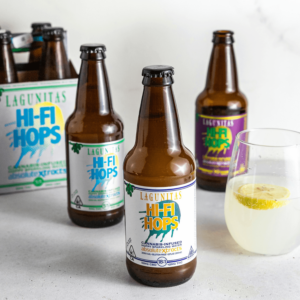
So… Should You Mix CBD and Alcohol?
As with most things in life, the answer is: it depends.
If you’re curious, start with small amounts, monitor how you feel, and don’t treat CBD as a protective shield that gives you license to over-drink. The potential for benefits is real, but so are the unknowns.
Here’s when mixing CBD and alcohol might make sense:
- You’re having a single drink and want to mellow out more deeply.
- You’re enjoying a social event and want to stay calm and grounded.
- You want to experiment with new wellness-based drinking trends (responsibly).
- You’re winding down and want to avoid the sleep-disrupting effects of alcohol alone.
And here’s when it might not be the best idea:
- You’re driving or operating heavy machinery.
- You’re drinking heavily or binge drinking.
- You’re taking medications or have liver-related health concerns.
- You’re not sure what’s in your CBD product.
Like all wellness trends, CBD and alcohol pairing is best approached with curiosity and caution. It’s a tool—not a miracle, not a shortcut, not a license to party hard without consequences.
Final Thoughts: Navigating the New Normal
We’re living in an era of intentional consumption. Whether it’s cannabis, alcohol, or a mix of both, people are choosing what they put in their bodies more mindfully than ever before. CBD and alcohol is a fascinating combination that reflects this shift—part curiosity, part science experiment, and part cultural evolution.
As research continues and the industry catches up with consumer interest, we’ll likely see more products, more data, and (hopefully) more regulation. Until then, it’s up to you to make educated, responsible choices.
So go ahead, try that CBD cocktail or add a drop of tincture to your wine spritzer—but keep your wits about you. Enjoy the buzz, appreciate the calm, and above all, know your limits.
Frequently Asked Questions
1. How long after CBD can I drink?
There’s no hard-and-fast rule, but most people can safely consume alcohol about 30 minutes to an hour after taking CBD, depending on the delivery method. For example, CBD oils or tinctures taken sublingually typically kick in within 15–45 minutes, while edibles may take up to two hours. To play it safe, wait until you feel the full effects of CBD before introducing alcohol, especially if it’s your first time combining the two. This gives you a better sense of how your body is responding and minimizes the risk of overdoing it.
2. Does CBD lower alcohol tolerance?
Not exactly. CBD doesn’t lower your alcohol tolerance in the traditional sense—meaning it won’t make you drunk faster—but it may change how intoxicated you feel. Some users report feeling more sedated or relaxed when combining CBD with alcohol, which could give the impression of being more affected than usual. Others find that CBD helps reduce some of the jittery or overstimulating effects of alcohol. The key takeaway: don’t assume CBD lets you drink more with fewer consequences. Always listen to your body and drink responsibly.
3. Does CBD protect the liver from alcohol?
There’s some early research suggesting that CBD may offer liver-protective effects, including antioxidant and anti-inflammatory properties that could help mitigate alcohol-induced damage. However, this research is still in its early stages, mostly in animal models, and far from conclusive. It’s an exciting area of study, but it’s way too soon to say that CBD can “cancel out” alcohol’s impact on your liver. If liver health is a concern, minimizing alcohol intake is still your best bet—CBD or no CBD.
4. What should not be taken with CBD?
CBD is generally well-tolerated, but it can interact with certain medications and substances. Most notably, CBD affects the cytochrome P450 enzyme system, which plays a key role in metabolizing many prescription drugs. That means CBD may increase or decrease the effectiveness of certain medications, such as:
- Blood thinners (e.g., warfarin)
- Antidepressants or antipsychotics
- Anti-seizure medications
- Immunosuppressants
- Some heart medications
If you’re on any prescription drugs, especially those with a “grapefruit warning,” talk to your doctor before mixing CBD into your routine. And of course, always monitor how your body reacts when combining CBD with alcohol, caffeine, or other supplements.




